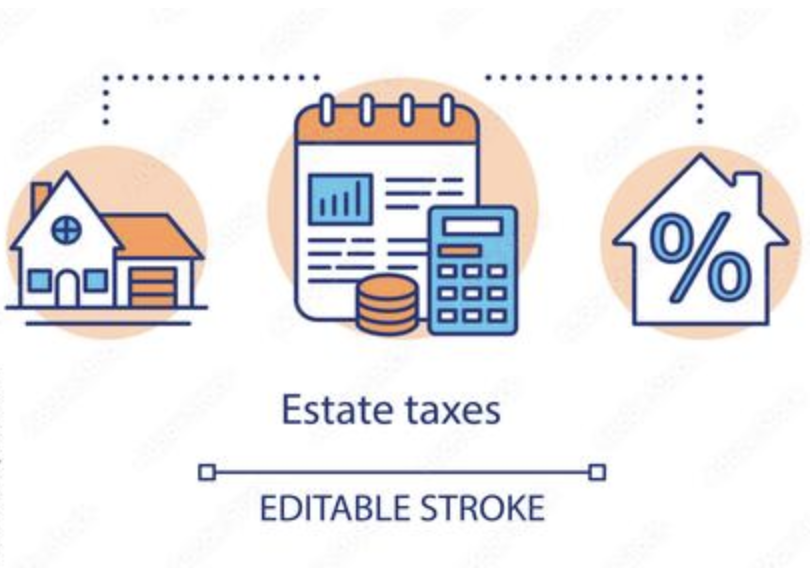For affluent couples, the division of marital assets involves more than merely separating possessions—it is a tax-aware procedure that has the potential to either safeguard or diminish financial resources. A common mistake is to concentrate only on the worth of the assets while ignoring the tax responsibilities that arise from their division decisions. Careful tax planning at this stage can transform a difficult transition into a chance to secure investments, reduce expenses, and establish defined financial directions for each partner.

In divorce proceedings, the transfer of assets between partners as part of a settlement helps in sidestepping immediate capital gains taxes due to the "tax-free transfer" provision. However, the initial cost basis remains the same. For instance, if you hand over a stock portfolio that was purchased for $500,000 and is currently valued at $1 million to your partner, their basis stays at $500,000. Selling at a later date will incur gains on $500,000. It is vital to account for this when making division choices, particularly with highly valued assets such as real estate or private equity.
Alimony versus Property Settlements
Payments made for alimony, or spousal support, are tax-deductible for the payer and considered taxable income for the recipient, provided they are arranged correctly. In contrast, property settlements do not have any tax implications. For individuals with high incomes, alimony payments can decrease taxable income—but it is crucial to ensure that payments satisfy IRS requirements (for instance, being documented in writing and avoiding joint tax filing status). On the other hand, it may be more beneficial to exchange a larger portion of property in lieu of alimony if the recipient is in a lower tax bracket.

Division of Real Estate: Considering Equity and Tax Obligations
When dividing a shared home or rental property, it is important to do more than merely divide the equity. Take into account the property’s basis: if a property has seen significant appreciation, if one spouse retains full ownership they might face considerable taxable gains upon selling it later. Instead, it might be wise to exchange other assets, such as cash or stocks with lesser appreciation, in order to balance equity and ensure that neither partner is burdened with an asset that has substantial tax implications. Additionally, for rental properties, future sales should factor in depreciation recapture taxes.

Business Ownership: Valuation and Tax Considerations
Splitting a family-owned business requires meticulous tax planning. A proper business valuation should also examine tax elements like net operating losses (NOLs), as these can be used to counterbalance future earnings. Should one partner retain the business, the other could receive assets that have fewer tax repercussions, such as marketable securities, to prevent instigating capital gains. Moreover, take into account the business entity type—LLCs or S-corporations have different tax implications for transfers compared to C-corporations.
After Divorce Tax Filing Status Effects
Your tax filing classification (single, head of household, or married filing separately) after the divorce influences tax rates and eligible deductions. The head of household option (available for individuals with dependents) presents lower tax rates than filing as single. Organize asset division to meet filing preferences—for example, the custody of children may enable one spouse to qualify for more favorable tax treatment. Additionally, it is essential to revise beneficiary designations on retirement accounts and insurance policies to prevent inadvertent tax outcomes.
Dividing marital property while considering tax implications requires collaboration rather than mere compromise. For couples with substantial consumption, the goal is to safeguard wealth while being mindful of both partners' financial futures. By paying attention to basis carryover, QDRO regulations, and post-divorce filing status, you can transform the division process into a tax-effective move toward fresh financial starts.

Enhancing Personal Financial Wisdom Through Market Volatility

Maximize Miles, Points & Cashback

How to Plan for Early Retirement in Your 30s

Small-Cap vs. Large-Cap Funds: Where Should You Invest?

The Secret to Wealth: Every Penny Has a Purpose

Collecting Unpaid Judgments: Why Time Is the Enemy

Access Global Markets: Investing in Foreign Stocks Made Simple
